Hanoi 52-year-old male patient, fever for 7 days, with many chills but did not go to the doctor, then admitted to the emergency room due to difficulty breathing, was discovered by the doctor to have scrub typhus.
The patient was brought to the 108 Military Hospital with fever, difficulty breathing, fatigue, headache, low blood pressure, and chest pain. Before coming to the hospital, the patient had a fever lasting 7 days, accompanied by many chills, and a 2cm black scaly ulcer on the right thigh, oozing fluid.
The test results showed that the patient was positive for Rickettsia - a type of bacteria that causes scrub typhus, transmitted by tick larvae. After a week of intensive treatment, the man's fever was gone, he was breathing well on his own, and his blood pressure was stable.
On July 3, Dr. Nguyen Dang Manh, Director of the Institute of Infectious Diseases, said this was one of many cases where patients subjectively did not go to medical facilities for timely examination, leading to complications and endangering their lives.
"Screech fever is caused by a type of bacteria called Orientalis tsutsugamushi, belonging to the Rickettsia family. If not detected promptly and treated properly, scrub typhus can lead to dangerous complications, including myocarditis, multiple organ failure, and even death," said Dr. Manh.
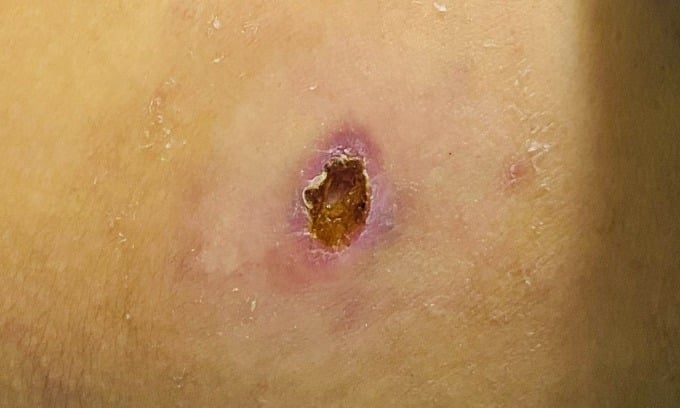
Tick bite. Photo: Provided by the hospital
Doctors recommend that if you have a sudden, prolonged high fever, accompanied by chills, headache, body aches; skin congestion, conjunctival congestion... you should see a doctor immediately. Typical signs of scrub typhus sores are oval, 0.5 to 2 cm in size, with black scales or peeling, forming a sore with edges, pink bottom, no discharge or little discharge, usually painless, not itchy, located in soft skin areas such as armpits, chest, neck.
Other signs include skin rash, swollen lymph nodes, enlarged liver and spleen, and in some cases jaundice. In addition, patients often have symptoms of cough, difficulty breathing, acute respiratory failure leading to death.
To prevent the disease, people should regularly clear bushes, destroy epidemic areas, apply insecticide, keep their homes clean, and wash clothes after each use.
Le Nga
Source link


![[Photo] General Secretary To Lam receives Governor of Kanagawa Province (Japan) Kuroiwa Yuji](https://vphoto.vietnam.vn/thumb/1200x675/vietnam/resource/IMAGE/2025/11/15/1763204231089_a1-bnd-7718-5559-jpg.webp)
![[Photo] General Secretary To Lam receives Vice President of Luxshare-ICT Group (China)](https://vphoto.vietnam.vn/thumb/1200x675/vietnam/resource/IMAGE/2025/11/15/1763211137119_a1-bnd-7809-8939-jpg.webp)

![[Photo] Panorama of the 2025 Community Action Awards Final Round](https://vphoto.vietnam.vn/thumb/1200x675/vietnam/resource/IMAGE/2025/11/15/1763206932975_chi-7868-jpg.webp)


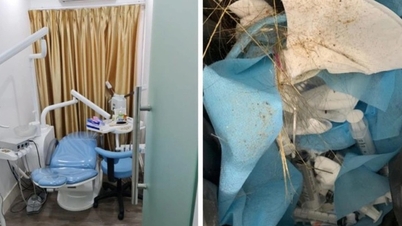

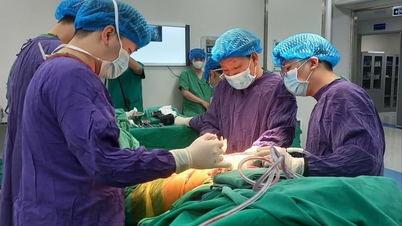







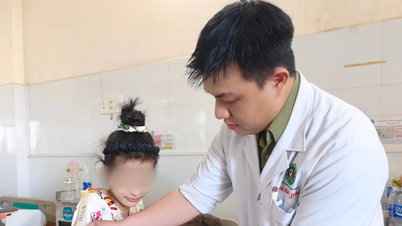

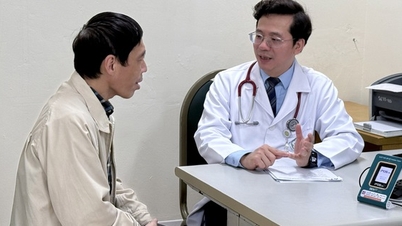
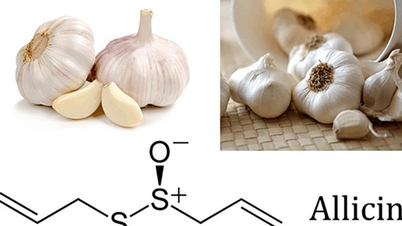
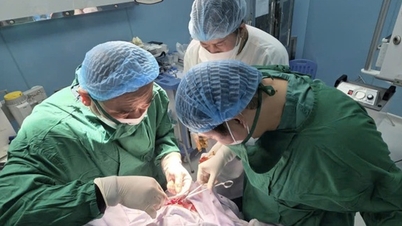























































































Comment (0)